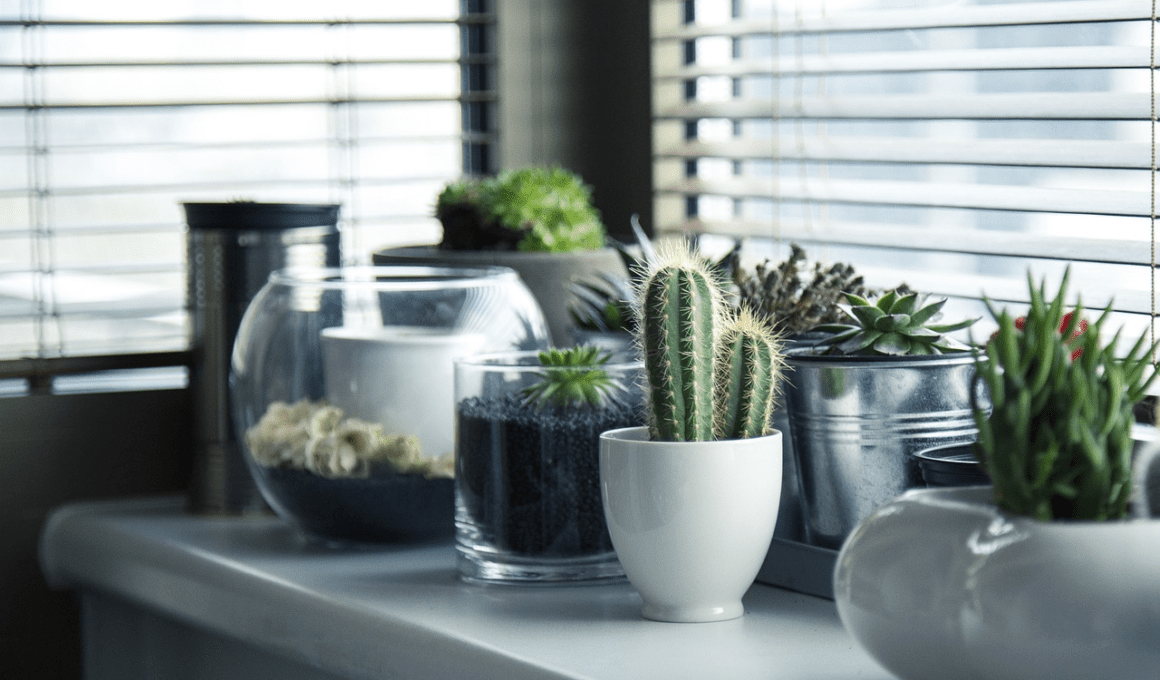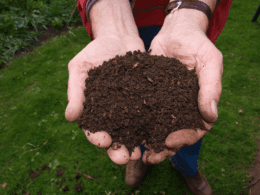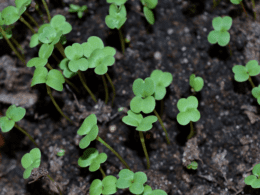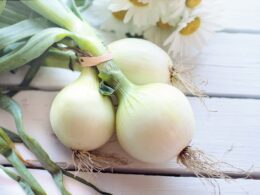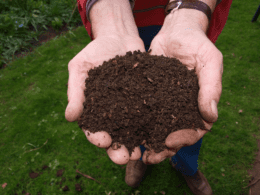Are you one of those people who love the idea of having potted plants around your house but have trouble keeping them healthy and thriving? One of the reasons for this could be the soil you’re using.
While it may be tempting to use garden soil since it’s readily available and seems like a convenient option, it may not always be the best choice for potted plants.
In this article, we’ll explore why garden soil isn’t always the answer when it comes to growing healthy potted plants. We’ll also discuss the specific needs of plants and how tailoring the soil mix can create less work for you in the long run.
By the end of this article, you’ll have a better understanding of how to create a healthy environment for your potted plants to thrive, resulting in beautiful and vibrant greenery that adds life and freshness to your home.
Quick Takeaways
- Garden soil may not be the best option for potted plants and can lead to issues like root rot, pests, and dense soil.
- Potting soil is a better choice for potted plants as it contains compost and nutrients that garden soil may lack.
- Mixing garden soil with perlite and compost can improve its texture and drainage for potted plants, but should not be used in containers.
- Tailoring the soil mix to the specific needs of the plants is important for their overall health and performance.
Can I Use a Tiller Instead of a Disc Harrow for My Potted Plants?
When it comes to potted plants, using a disc harrow vs tiller can be quite different. While a disc harrow is designed for large-scale farming, a tiller is more suitable for small-scale gardening. Therefore, for your potted plants, a tiller would be the preferable choice as it provides better control and maneuverability in limited spaces.
Potting Soil vs. Garden Soil
If you want healthy potted plants, using potting soil instead of garden soil is a better choice. Potting soil contains important nutrients and compost that garden soil may lack, helping your plants thrive. Plus, potting soil is specifically designed for container gardening, so it provides better drainage and aeration for your potted plants.
Before planting your potted plants, it’s essential to prepare the soil. Poor soil can lead to root rot and other issues that can harm your plants. By using potting soil, you’re improving the drainage of the soil, which is vital for the health of your plants.
With good drainage, your plants’ roots can receive the oxygen they need to grow strong and healthy. Overall, using potting soil for your potted plants is the best choice for their overall health and well-being.
Specific Plant Needs
Consider the specific requirements of your plants when selecting the appropriate soil mixture. Different plants have different needs and preferences when it comes to soil pH levels and nutrient content.
For example, acid-loving plants like azaleas and blueberries prefer a more acidic soil with a pH between 4.5 and 5.5, while most vegetables and flowers prefer a slightly acidic to neutral soil with a pH between 6.0 and 7.0.
Composting benefits can also play a role in choosing the right soil mix for your potted plants. Compost can add organic material, improve soil texture, and slowly release nutrients into the soil over time. However, too much compost can increase the soil’s salt levels, which can harm your plants.
It’s important to find the right balance between garden soil, potting soil, and compost to meet the specific needs of your plants and create a healthy environment for them to grow.
Tips for Successful Potted Plants
To ensure your potted plants thrive, it’s important to regularly check the soil moisture level with your finger. Overwatering can suffocate the roots and cause root rot, while underwatering can lead to dry, wilted plants. The frequency of watering depends on the container size, plant species, and environmental factors such as temperature and humidity. As a general rule, smaller containers dry out faster than larger ones and may require more frequent watering.
To keep your potted plants healthy, consider the following tips:
-
Water your plants thoroughly and deeply until water drains out of the bottom of the pot. This helps to flush out accumulated salts and minerals that can harm the roots.
-
Use a pot with drainage holes to prevent water from pooling at the bottom and causing stagnant water that promotes fungal growth.
-
Mulch the surface of the soil with a layer of organic material such as shredded leaves or bark chips. This helps to retain moisture and regulate soil temperature, reducing the need for frequent watering.
Frequently Asked Questions
Can adding sand to garden soil improve its texture for potted plants?
Adding sand to garden soil can improve its texture for potted plants. Sand benefits the soil by increasing drainage and preventing compaction. However, soil alternatives like potting soil and compost may still be better options for optimal plant growth.
How often should potting soil be replaced in potted plants?
To keep your potted plants healthy, repot them every 1-2 years. Signs of soil degradation include slow growth, wilting, and yellowing leaves. Benefits of repotting include improved drainage and nutrient availability.
Can using garden soil for indoor potted plants attract pests to the home?
Using garden soil for indoor potted plants can attract pests to your home. It can also lead to overwatering, causing root rot. Consider using hydroponic systems for indoor plants.
What are some natural alternatives to chemical fertilizers for potted plants?
Looking for natural alternatives to chemical fertilizers for your potted plants? Try using eggshells as fertilizer or starting a compost bin. These options are safe and effective for keeping your plants healthy.
Can coffee grounds be beneficial for potted plants?
Yes, coffee grounds can be beneficial for potted plants. However, using compost tea and worm castings in the soil can provide more nutrients. Adding eggshells can also improve soil quality and provide calcium for the plants.





